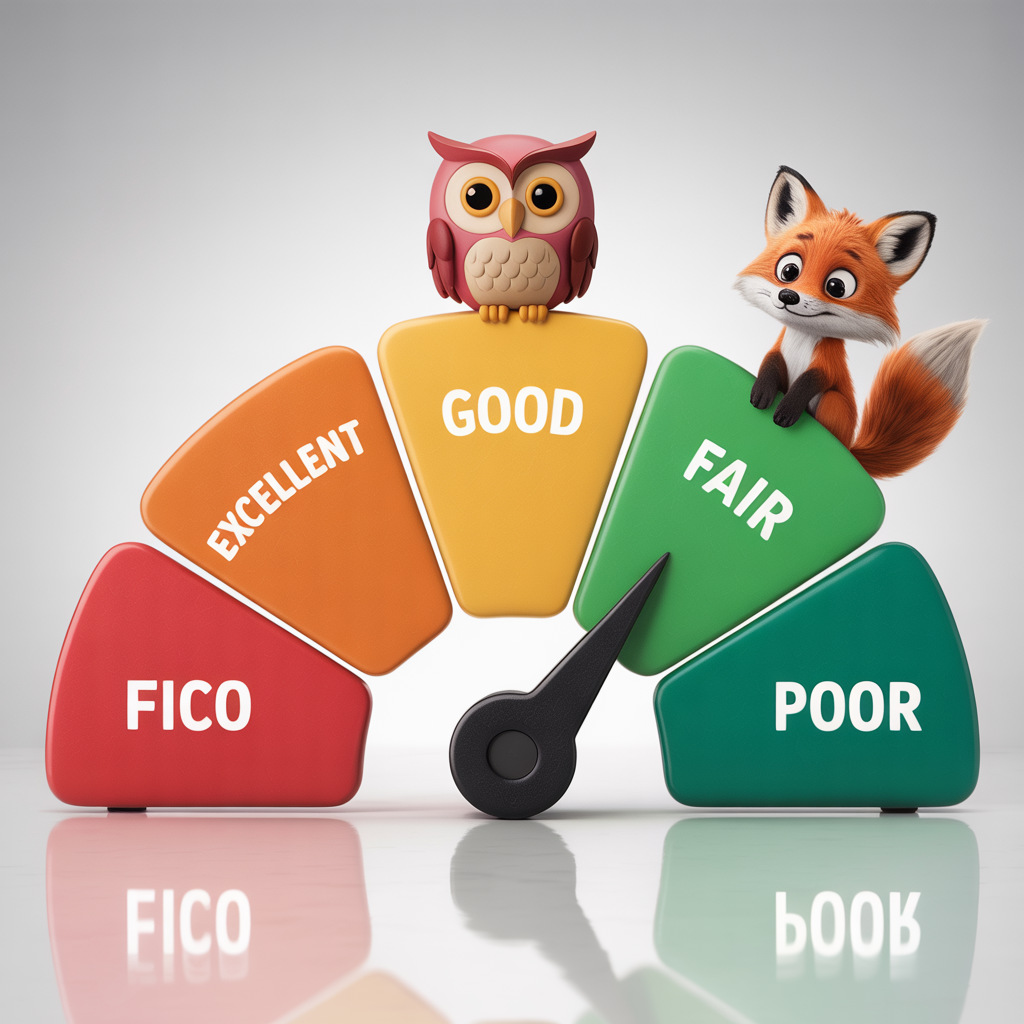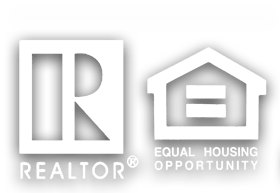Understanding Title Insurance

What is title insurance?

Newspapers refer to it in the weekly real estate sections and you hear about it in conversations with real estate brokers. If you’ve purchased a home you may be familiar with the benefits of title insurance. However, if this is your first home, you may wonder, “Why do I need yet another insurance policy?” While a number of issues can be raised by that question, we will start with a general answer.
The purchase of a home is one of the most expensive and important purchases you will ever make. You and your mortgage lender will want to make sure the property is indeed yours and that no one else has any lien, claim or encumbrance on your property.
The Land Title Association, in the following pages, answers some questions frequently asked about an often misunderstood line of insurance - title insurance.
What is the difference between title insurance and casualty insurance?
Title insurers work to identify and eliminate risk before issuing a title insurance policy. Casualty insurers assume risks.
Casualty insurance companies realize that a certain number of losses will occur each year in a given category (auto, fire, etc.). The insurers collect premiums monthly or annually from the policy holders to establish reserve funds in order to pay for expected losses.
Title companies work in a very different manner. Title insurance will indemnify you against loss under the terms of your policy, but title companies work in advance of issuing your policy to identify and eliminate potential risks and therefore prevent losses caused by title defects that may have been created in the past.
Title insurance also differs from casualty insurance in that the greatest part of the title insurance premium dollar goes towards risk elimination. Title companies maintain title plants, which contain information regarding property transfers and liens reaching back many years. Maintaining these title plants, along with the searching and examining of title, is where most of your premium dollar goes.
Who needs title insurance?
Buyers and lenders in real estate transactions need title insurance. Both want to know that the property they are involved with is insured against certain title defects. Title companies provide this needed insurance coverage subject to the terms of the policy. The seller, buyer and lender all benefit from the insurance provided by title companies.
What does title insurance insure?
Title insurance offers protection against claims resulting from various defects (as set out in the policy) which may exist in the title to a specific parcel of real property, effective on the issue date of the policy. For example, a person might claim to have a deed or lease giving them ownership or the right to possess your property. Another person could claim to hold an easement giving them a right of access across your land. Yet another person may claim that they have a lien on your property securing the repayment of a debt. That property may be an empty lot or it may hold a 50-story office tower. Title companies work with all types of real property.
What types of policies are available?
Title companies routinely issue two types of policies: An “owner’s policy” which insures you, the Homebuyer, for as long as you and your heirs own the home; and a “lender’s” policy which insures the priority of the lender’s security interest over the claims that others may have in the property.
What protection am I obtaining with my title policy?
A title insurance policy contains provisions for the payment of the legal fees in defense of a claim against your property which is covered under your policy. It also contains provisions for indemnification against losses which result from a covered claim. A premium is paid at the close of a transaction. There are no continuing premiums due, as there are with other types of insurance.
What are my chances of ever using my title policy?
In essence, by acquiring your policy, you derive the important knowledge that recorded matters have been searched and examined so that title insurance covering your property can be issued. Because we are risk eliminators, the probability of exercising your right to make a claim is very low. However, claims against your property may not be valid, making the continuous protection of the policy all the more important. When a title company provides a legal defense against claims covered by your title insurance policy, the savings to you for that legal defense alone will greatly exceed the one-time premium.
What if I am buying property from someone I know?
You may not know the owner as well as you think you do. People undergo changes in their personal lives that may affect title to their property. People get divorced, change their wills, engage in transactions that limit the use of the property and have liens and judgments placed against them personally for various reasons.
There may also be matters affecting the property that are not obvious or known, even by the existing owner, which a title search and examination seeks to uncover as part of the process leading up to the issuance of the title insurance policy.
Just as you wouldn’t make an investment based on a phone call, you shouldn’t buy real property without assurances as to your title. Title insurance provides these assurances.
The process of risk identification and elimination performed by the title companies, prior to the issuance of a title policy, benefits all parties in the property transaction. It minimizes the chances that adverse claims might be raised, and by doing so reduces the number of claims that need to be defended or satisfied. This process keeps costs and expenses down for the title company and maintains the traditional low cost of title insurance.












